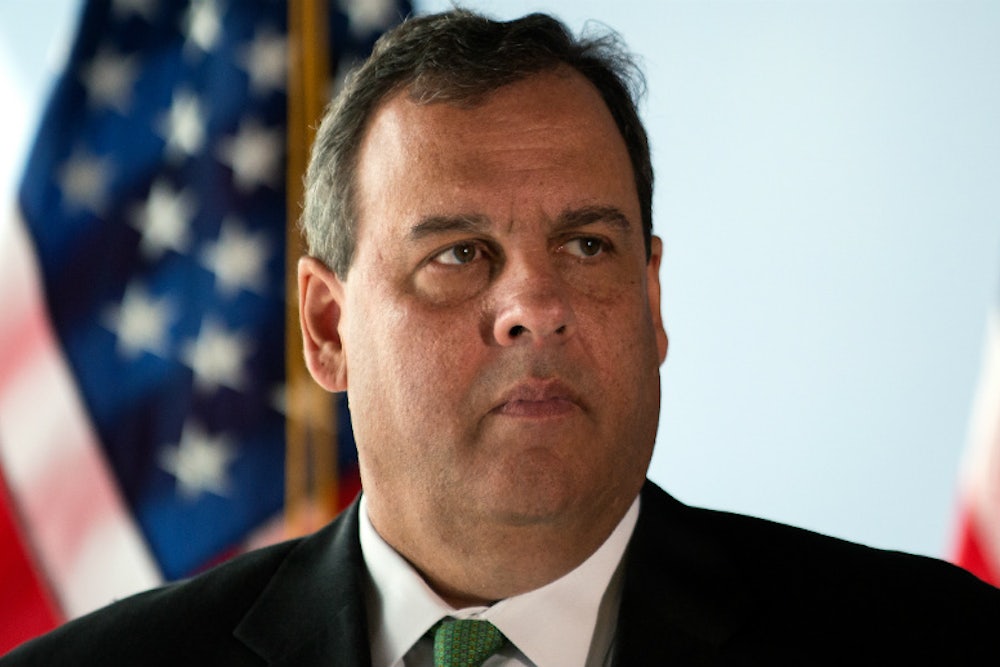Every now and again a Republican state party operative or elected official will drop the ruse and admit that the purpose of state-level voter restrictions isn’t to curtail voter impersonation fraud or to cut election costs, but to keep the wrong kinds of people from voting.
Usually the admission is purely cynical, as when Pennsylvania’s House Majority Leader Mike Turzai said, “Voter ID … is gonna allow Governor Romney to win the state of Pennsylvania.” (It didn’t.) Other times it’s suffused with racism—the forefather of vote suppression—as when Don Yelton, then a Republican precinct chairman from North Carolina, appeared on "The Daily Show" last year to announce that “the law is going to kick the Democrats in the butt… If it hurts a bunch of lazy blacks that want the government to give them everything, so be it.”
Governors, senators and national operatives are better at keeping a lid on this kind of candor. But as evidence that voter fraud is a right-wing superstition mounts, alongside evidence that the GOP’s remedies measurably suppress the vote, savvier arguments for voting restrictions are reducing toward either naked appeals like Turzai’s and Yelton’s or toward a kind of post-modernist denial of objective reality in service of ideological gain.
“Would you rather have Rick Scott in Florida overseeing the voting mechanism, or Charlie Crist?” New Jersey Governor Chris Christie asked this week at a Chamber of Commerce event in Washington. “Would you rather have Scott Walker in Wisconsin overseeing the voting mechanism, or would you rather have Mary Burke? Who would you rather have in Ohio, John Kasich or Ed FitzGerald?”
Christie went on, “The fact is it doesn’t matter if you don’t really care what happens in these states, you’re going to care about who is running the state in November of 2016, what kind of political apparatus they’ve set up and what kind of governmental apparatus they’ve set up to ensure a full and fair election in 2016.”
By no coincidence, Republicans in each of those states have already imposed disenfranchising restrictions, which makes it clear that Christie sees these kinds of laws as an existential necessity, the key to Republican self-perpetuation. In Christie’s mind, American election outcomes are a direct function of partisan control of states. Republicans, who “oversee the voting mechanisms,” need to win so that they can continue to “oversee the voting mechanisms." If they don’t win now, they’ll lose control of the voting mechanisms ahead of an election in which fundamentals will favor the Democrats, and be doomed.
There’s a blinkered and an unblinkered way to interpret such a view. The former—a more generous interpretation—is that Christie believes, against all evidence, that when Republicans lose control of the voting apparatus, fraud becomes rampant and cheaters swing elections to Democrats. The latter, to quote the Washington Monthly’s Ed Kilgore, is that Christie is “treating the right to vote as discretionary, depending on [his] party’s needs, which makes voter suppression just another day at the office”—that he believes Republicans must cheat to win now, so that they can live to cheat another day.
Neither of these readings flatters Christie. If the extent of voter fraud were an open question, Christie could make a real, but contestable case that GOP-backed voting restrictions yield election outcomes that more closely resemble the will of the voting public. But this is not an open question. What we know about voter fraud, and the right’s insistence on fighting it by limiting the franchise, makes its anti-fraud agenda a mirror image of its rejection of climate science. Republicans oppose the regulatory remedies to climate change, so they question its existence. They support the regulatory remedies to voter fraud, so they insist it exists.
In that way, voter fraud is the dark matter of Republican politics. Except that unlike dark matter, whose existence can be inferred from the way it tugs at the outer stars of our galaxy, the only way to infer that voter fraud swings elections to Democrats is to stipulate that Democratic victories are intrinsically aberrant.
This, again, is the charitable view. The simpler view is that Christie et al understand that voting restrictions suppress the Democratic vote, and see that as a feature rather than a bug. Either way, it suggests that conservatives will cling to the voter fraud myth, in the same way they cling to the myth that upper-bracket income tax cuts pay for themselves; or that they will posit the exact same voter suppression tactics as the solution to other problems, real or imagined.
Earlier this week, Vox’s Matthew Yglesias reprised his argument for building a movement to create a constitutional right to vote. The argument has three prongs. A Voting Rights Amendment would serve as a valuable organizing tool, until adopted; if adopted, it would flip the burden on Republicans, to demonstrate that their efforts to restrict voting don’t violate the Constitution; and it would be hard to defeat along the way, because the substantive and moral arguments for a Voting Rights Amendment are incontestable. Pair it with a national Election Day holiday, and Republicans would have a much harder time sculpting the electorate. The alternative is that Democrats will continue to expend tremendous energy and capital to beat back tactics Republicans are unlikely to abandon on their own.
